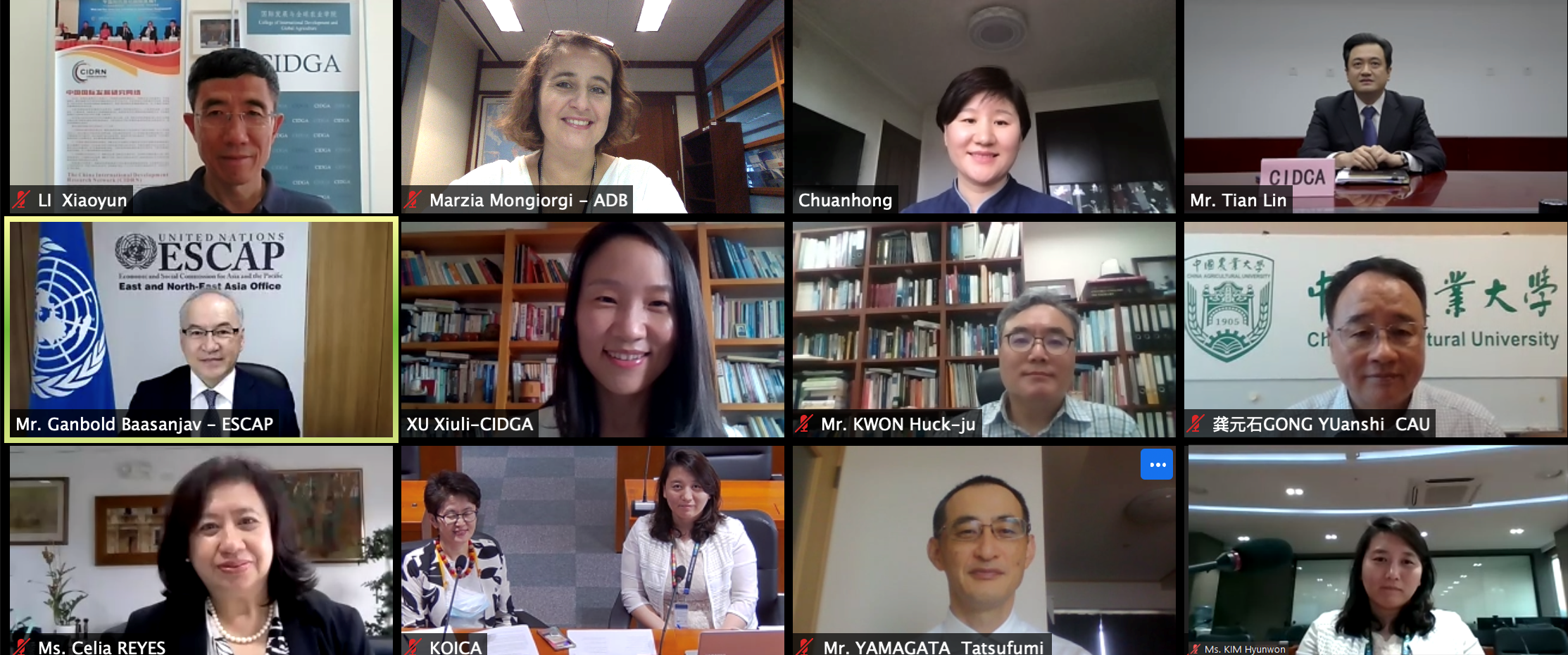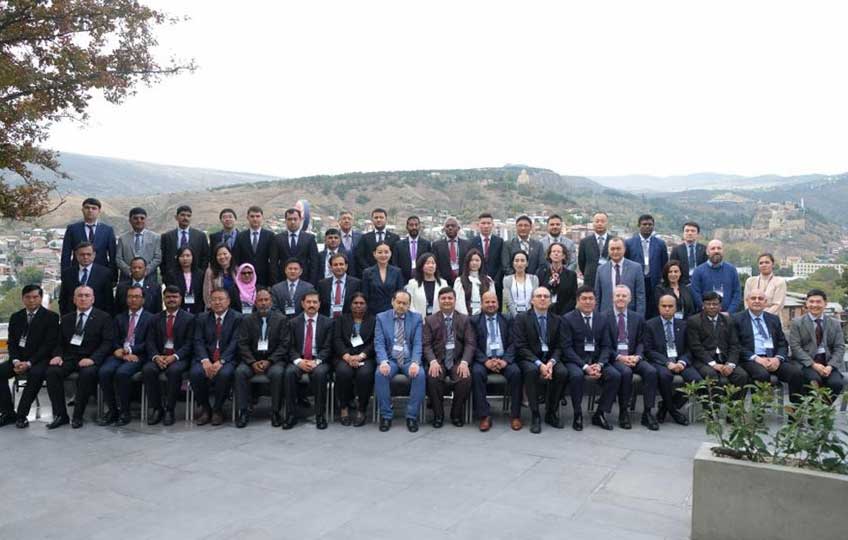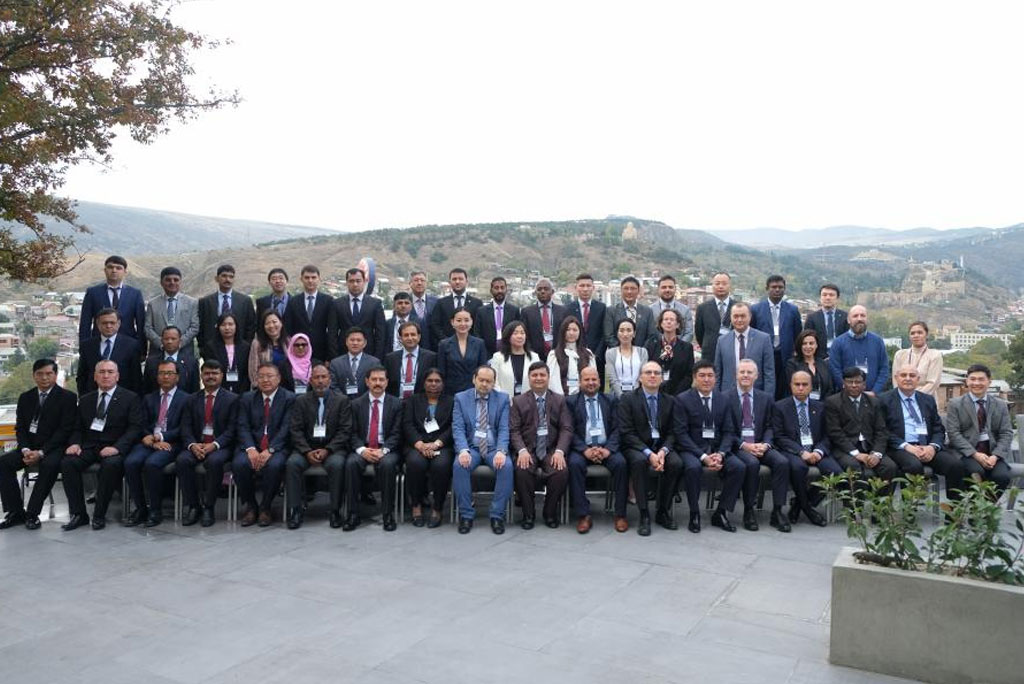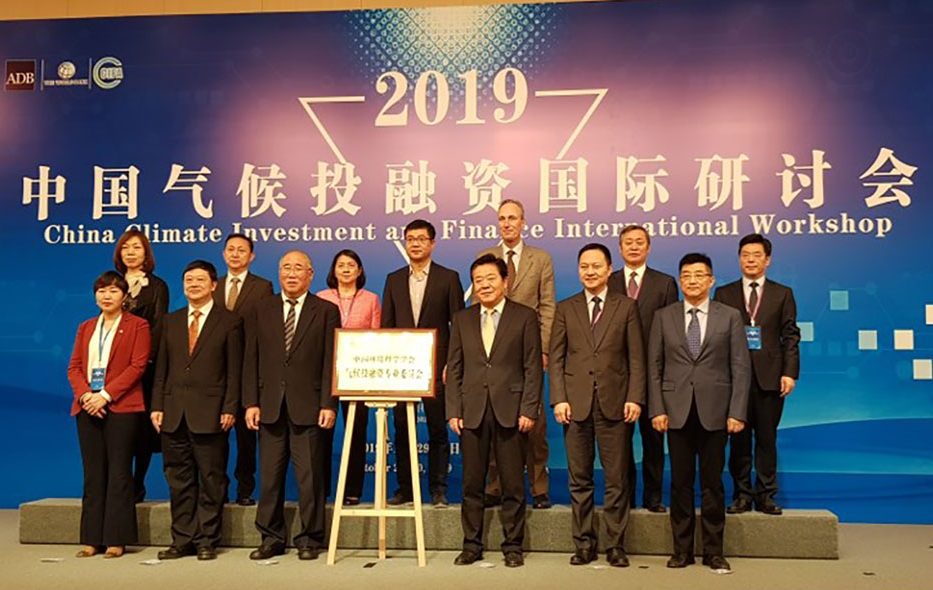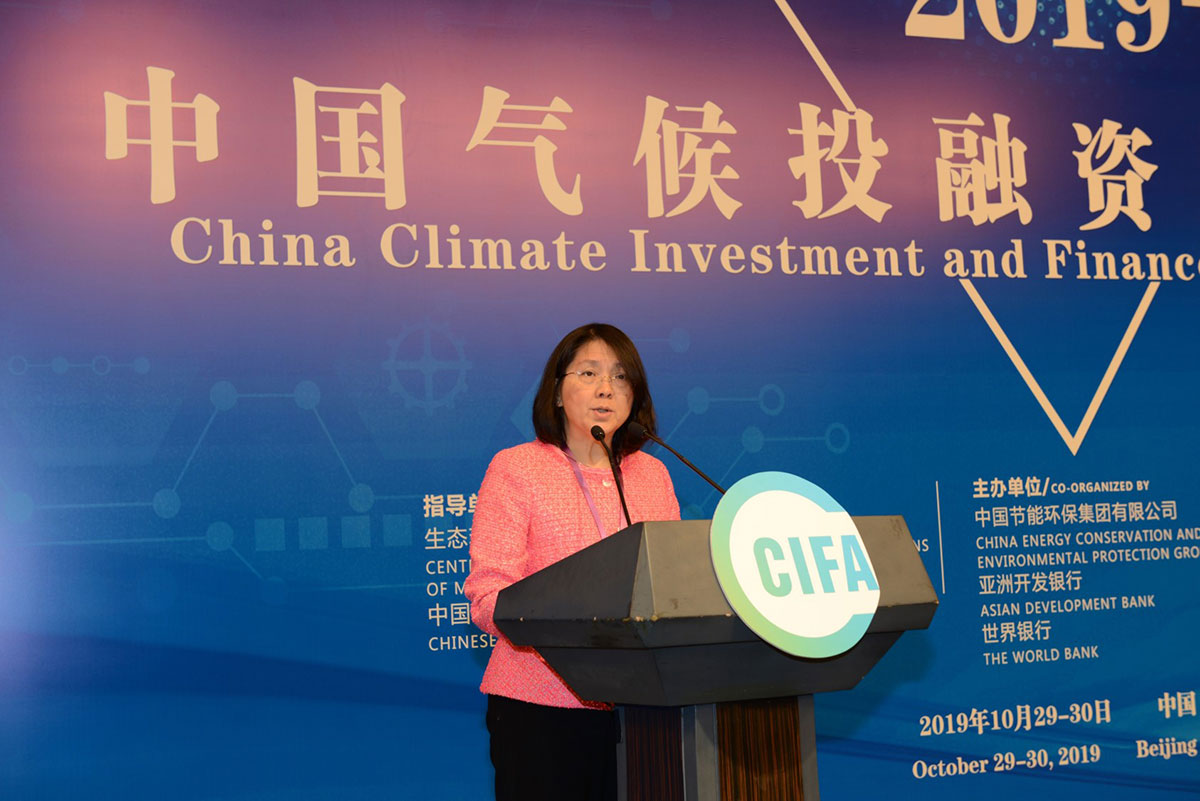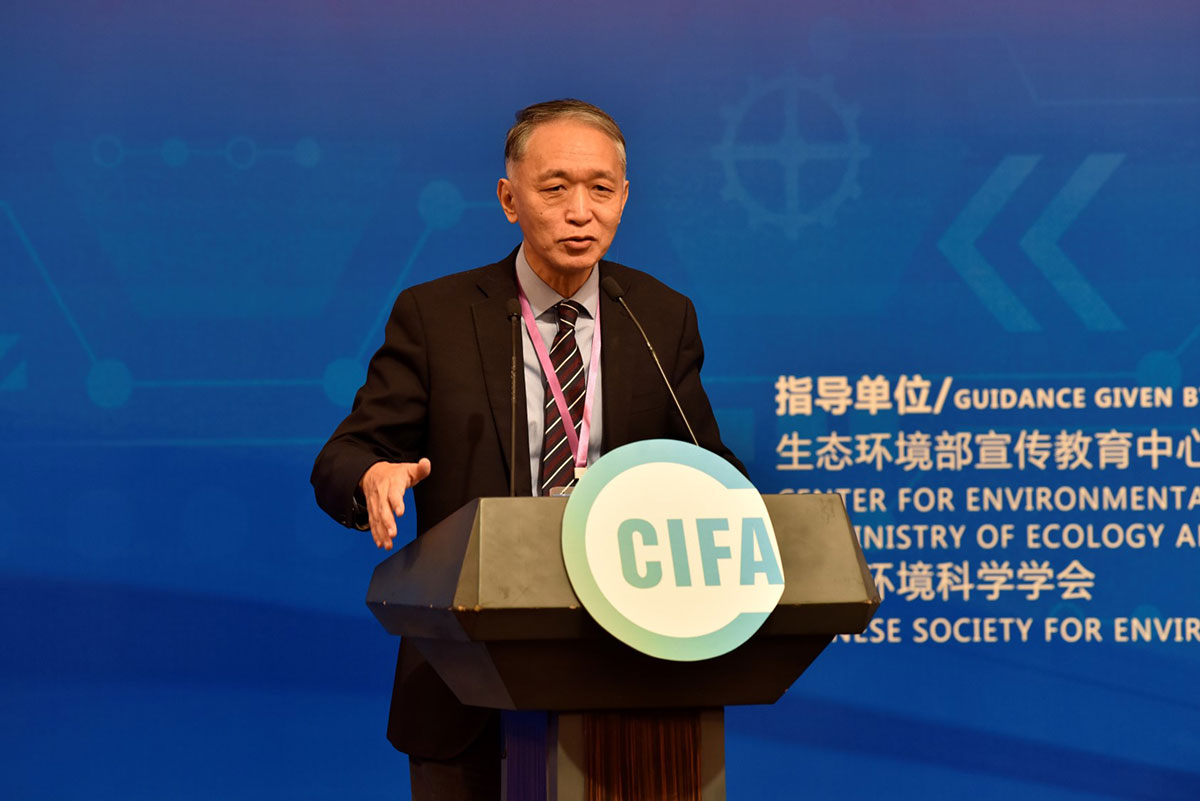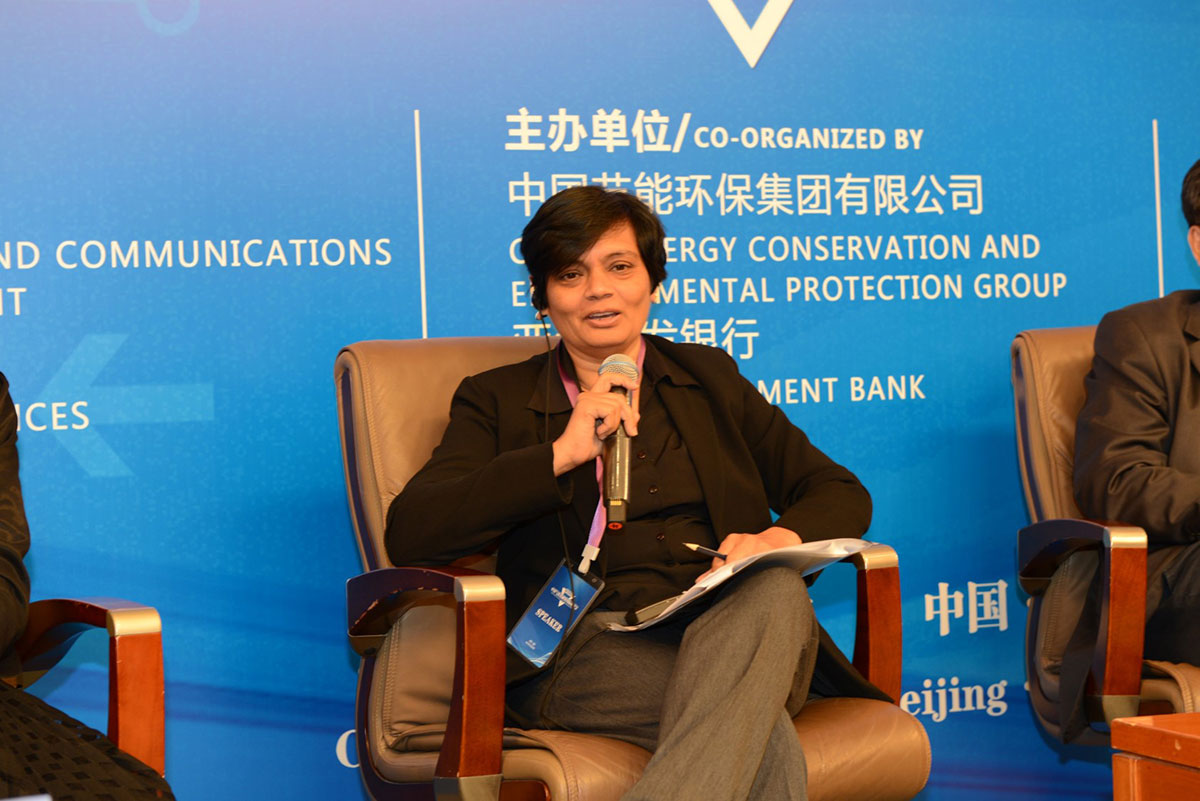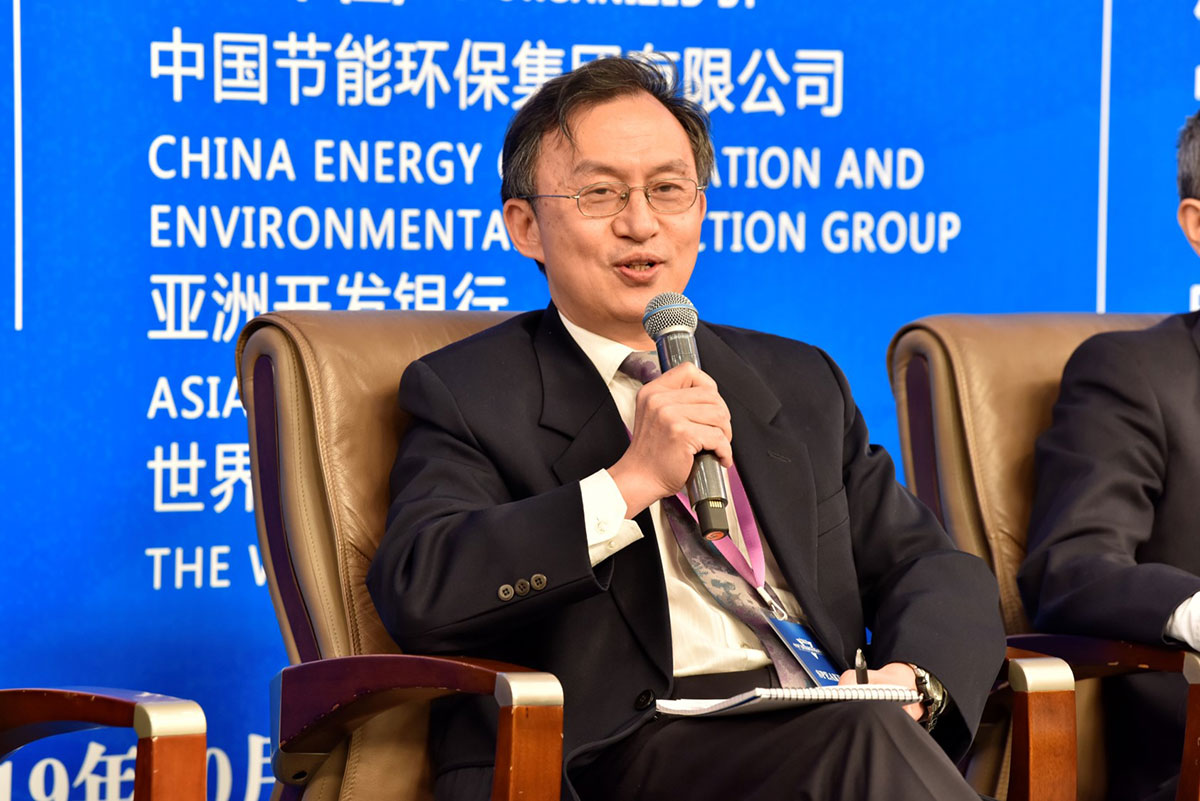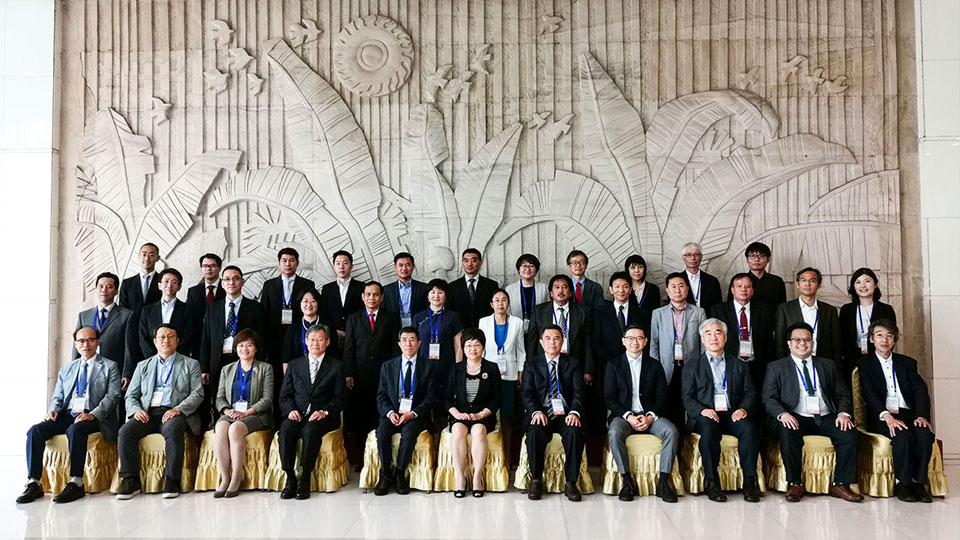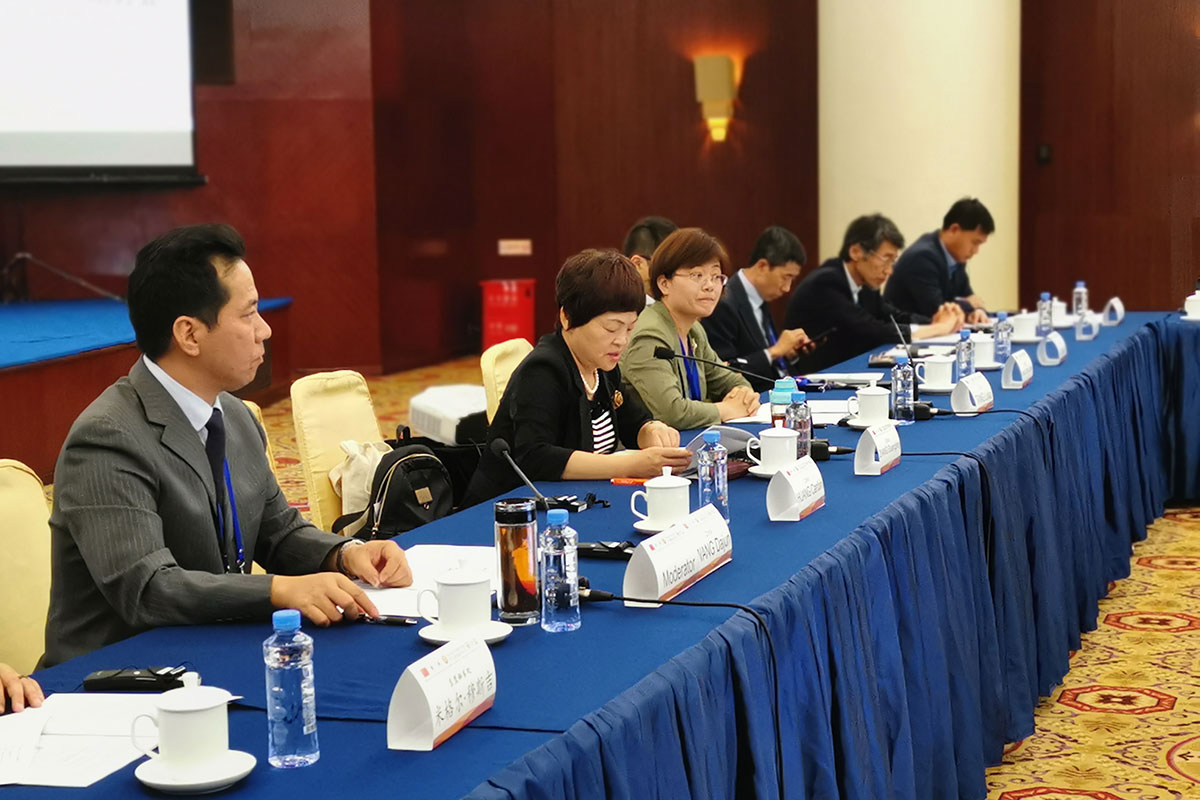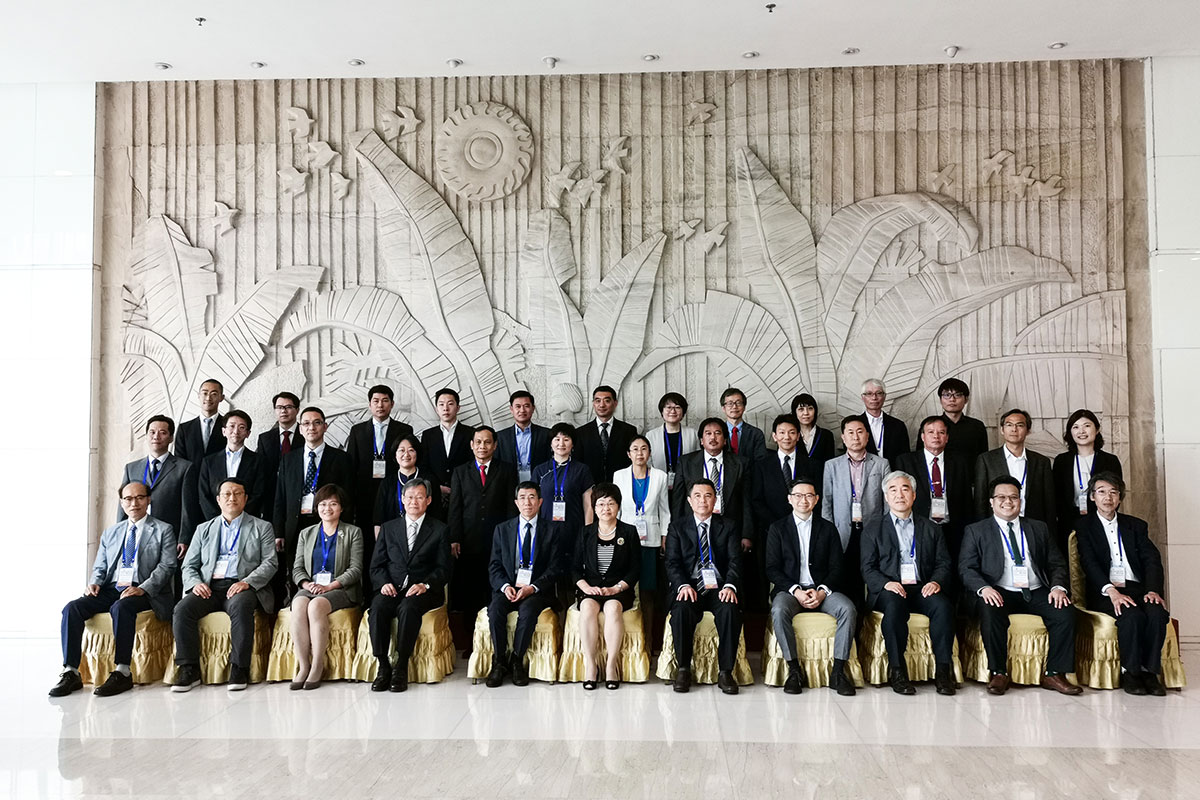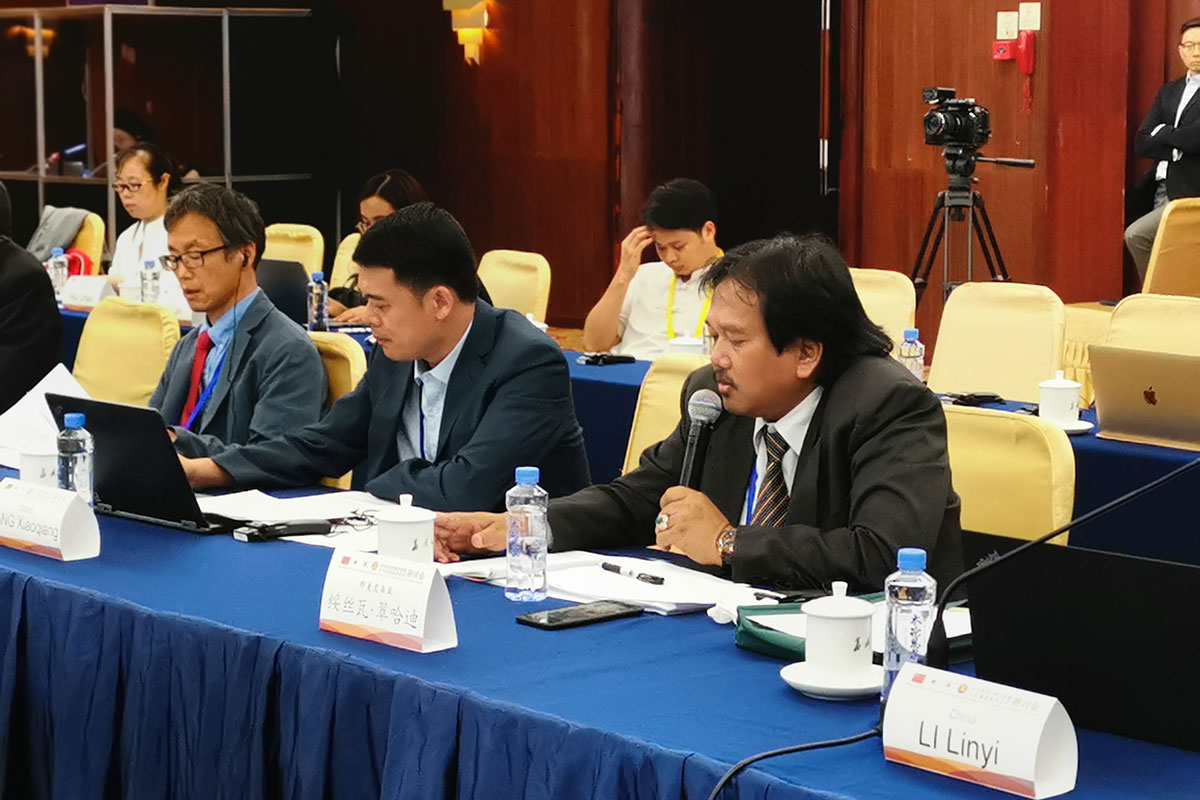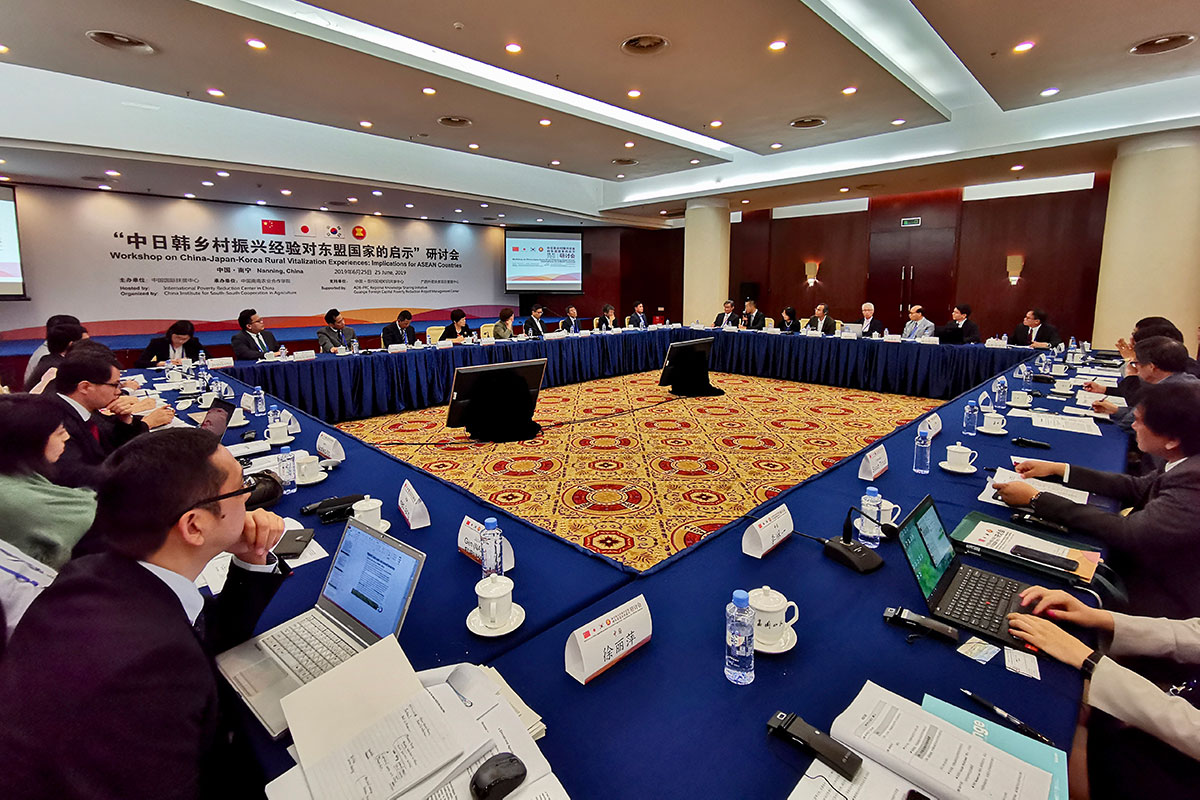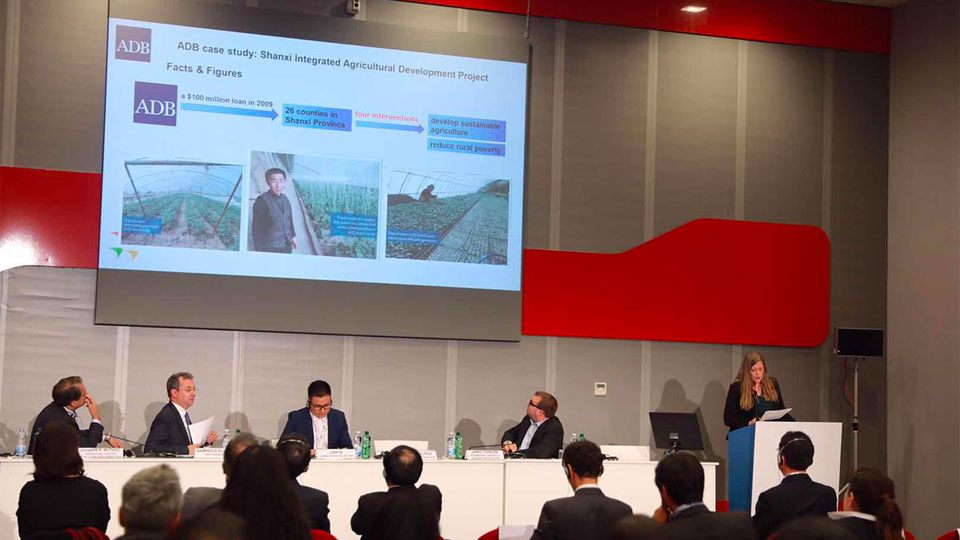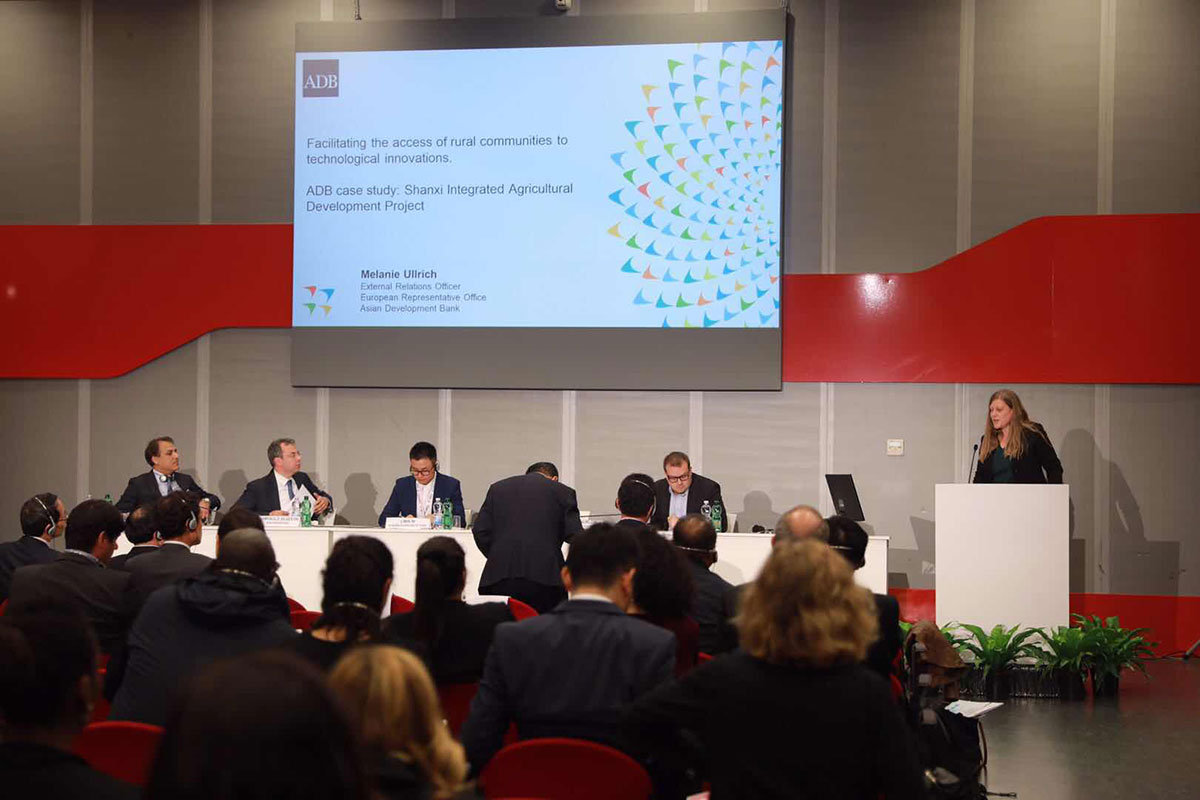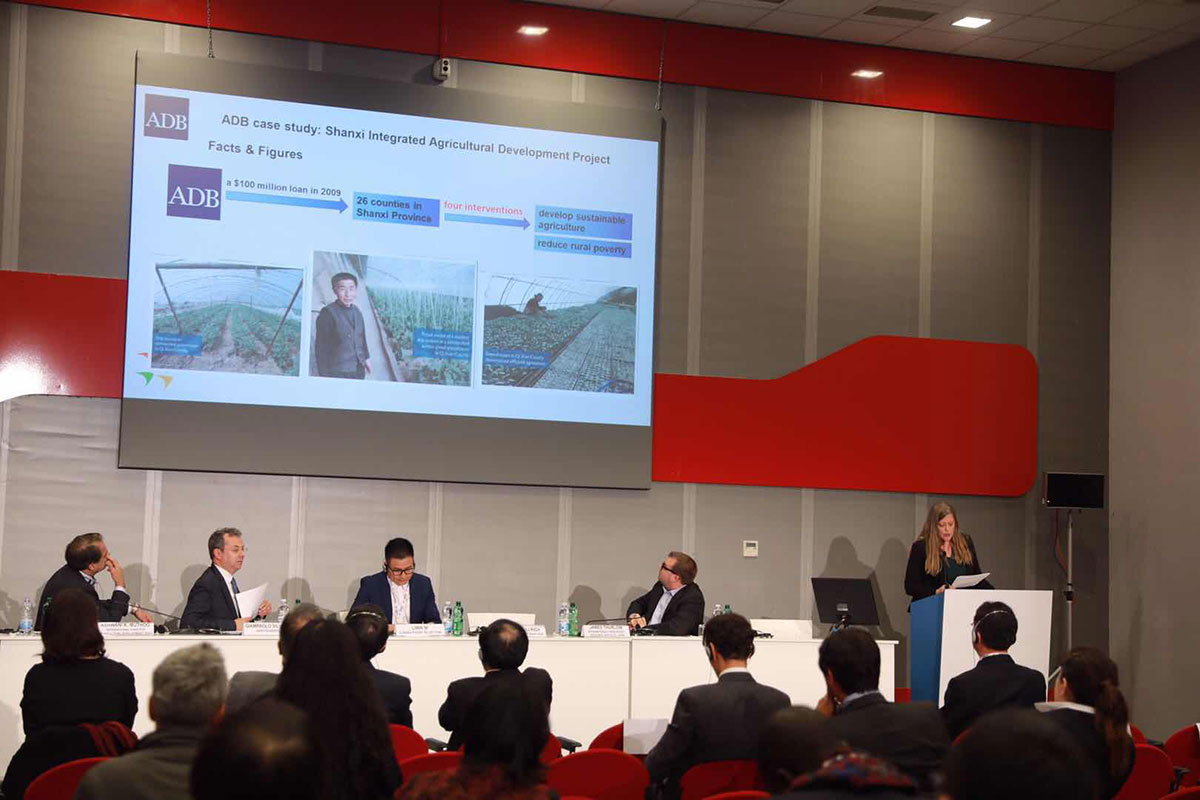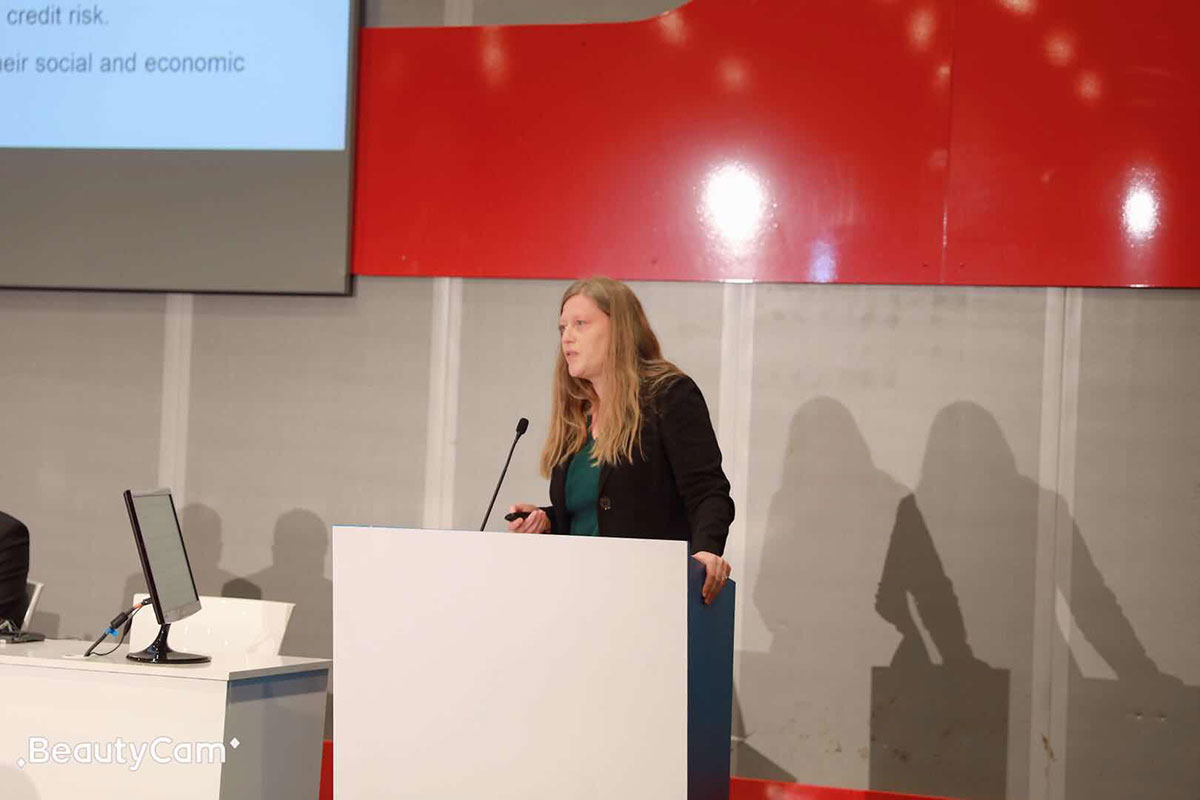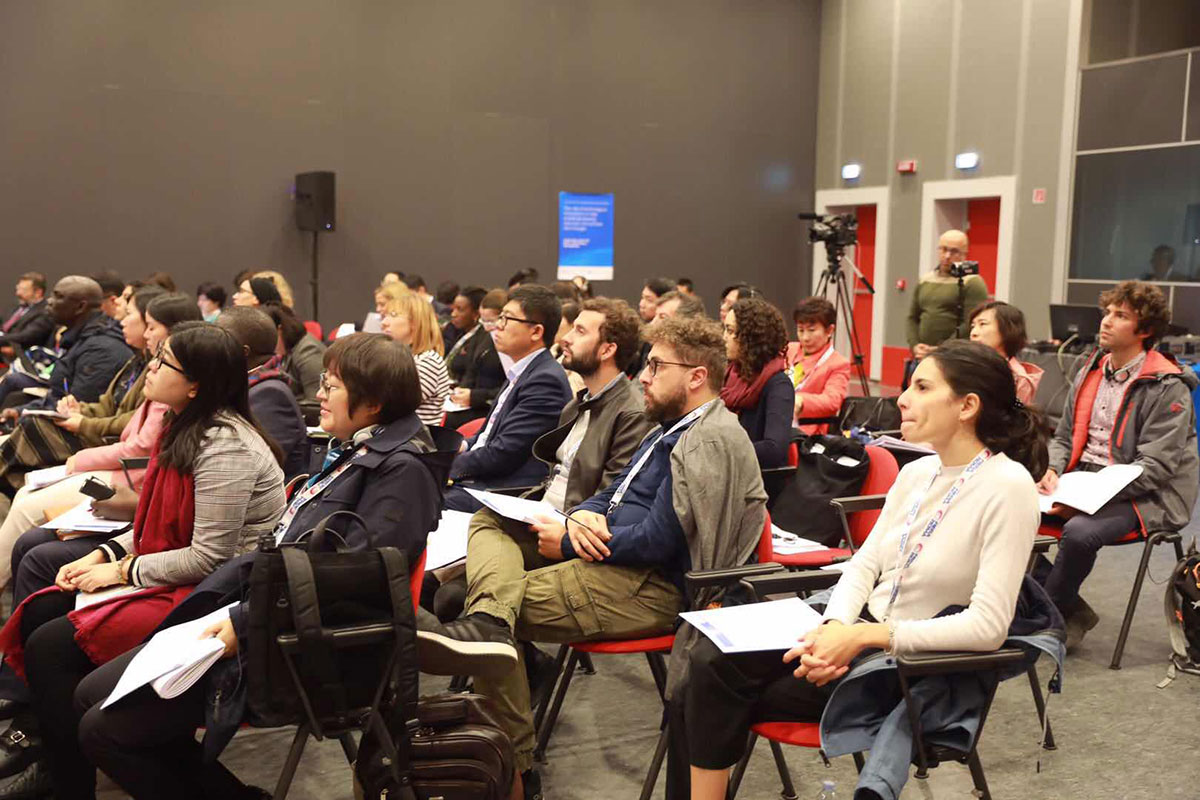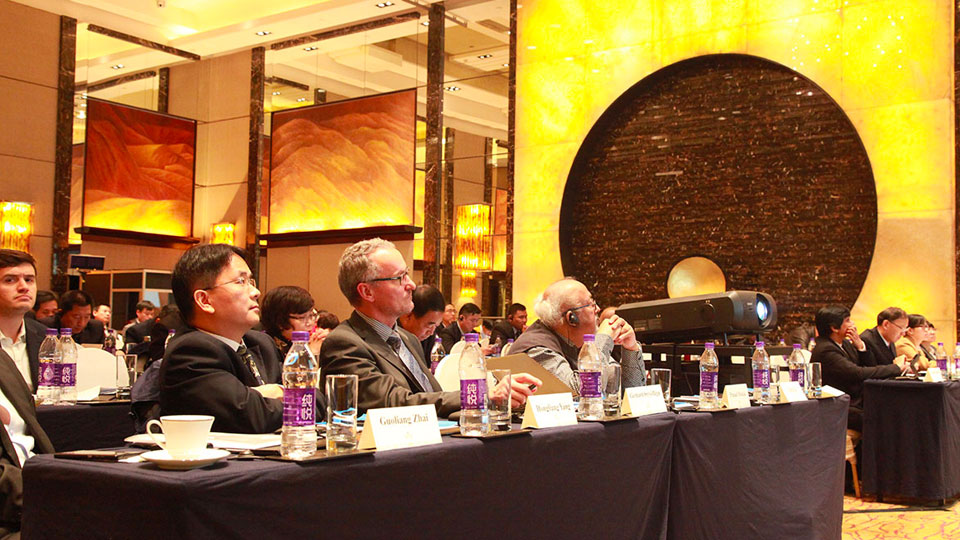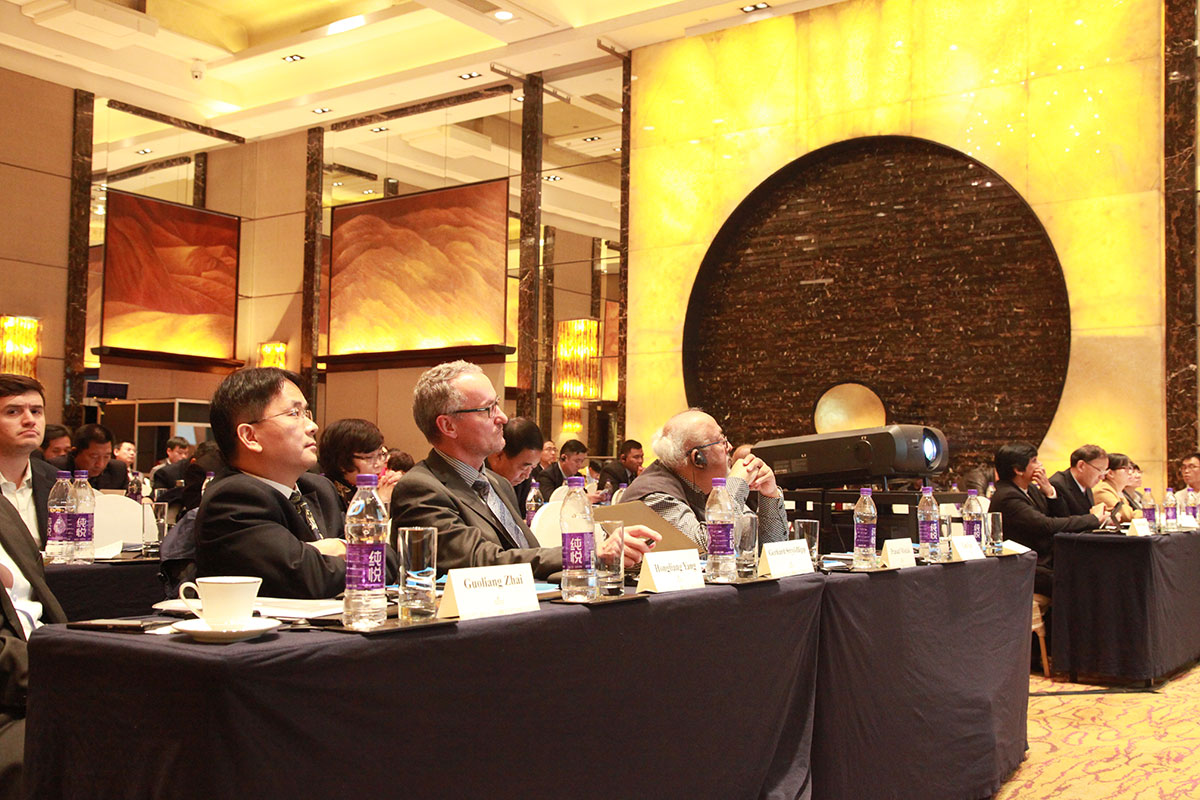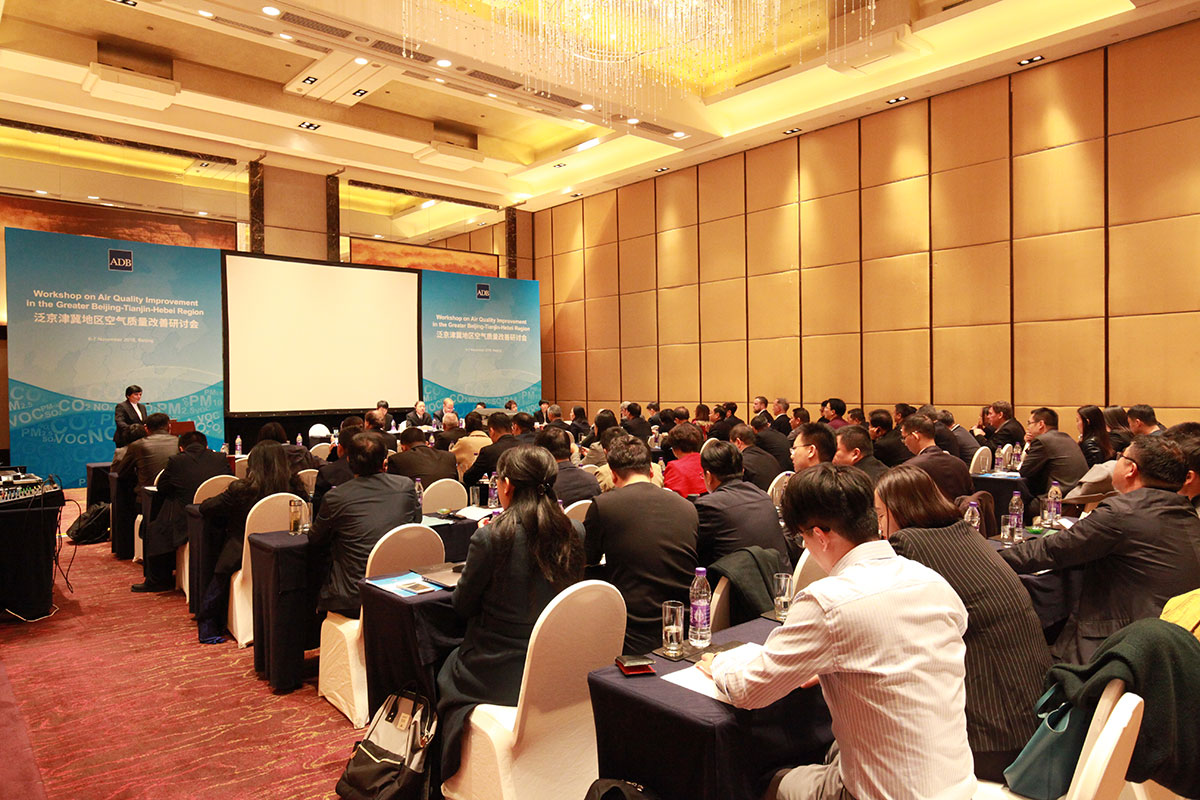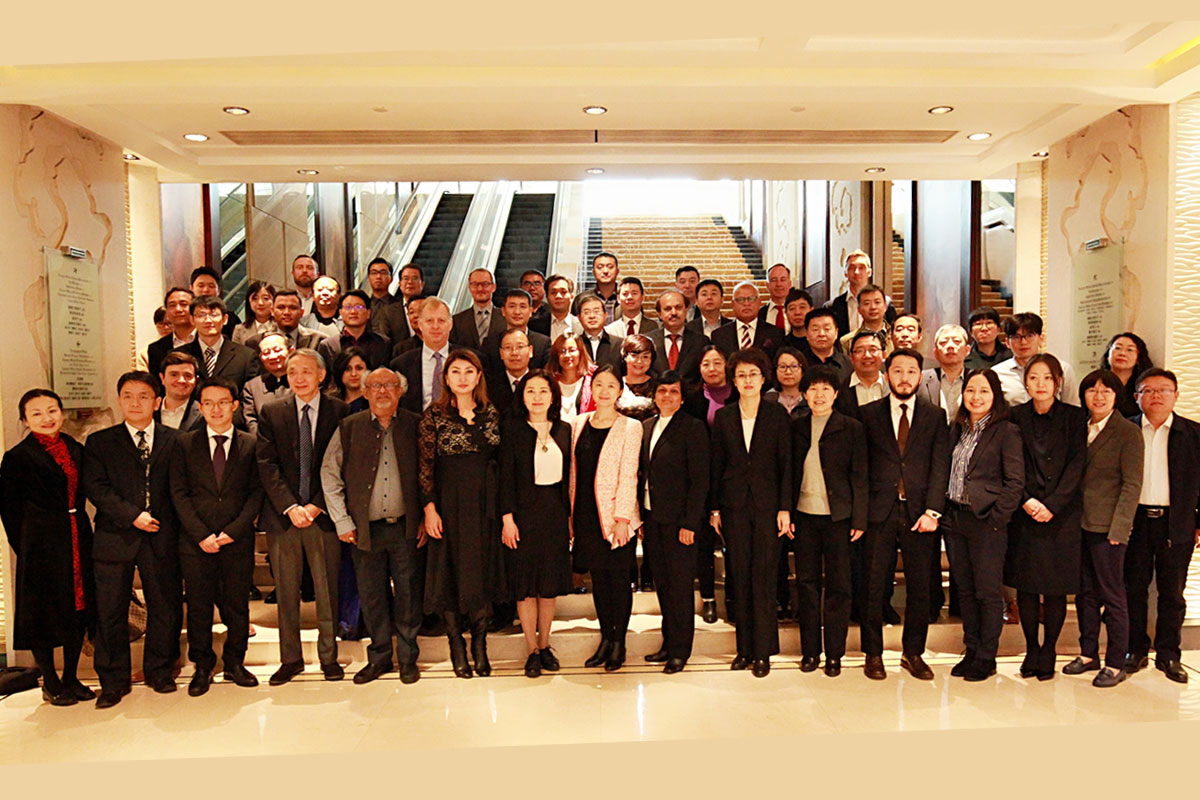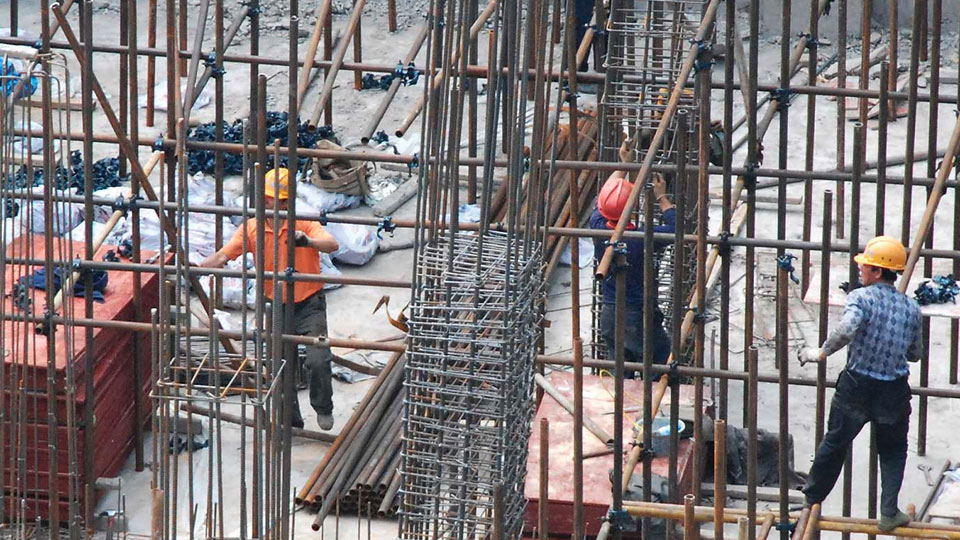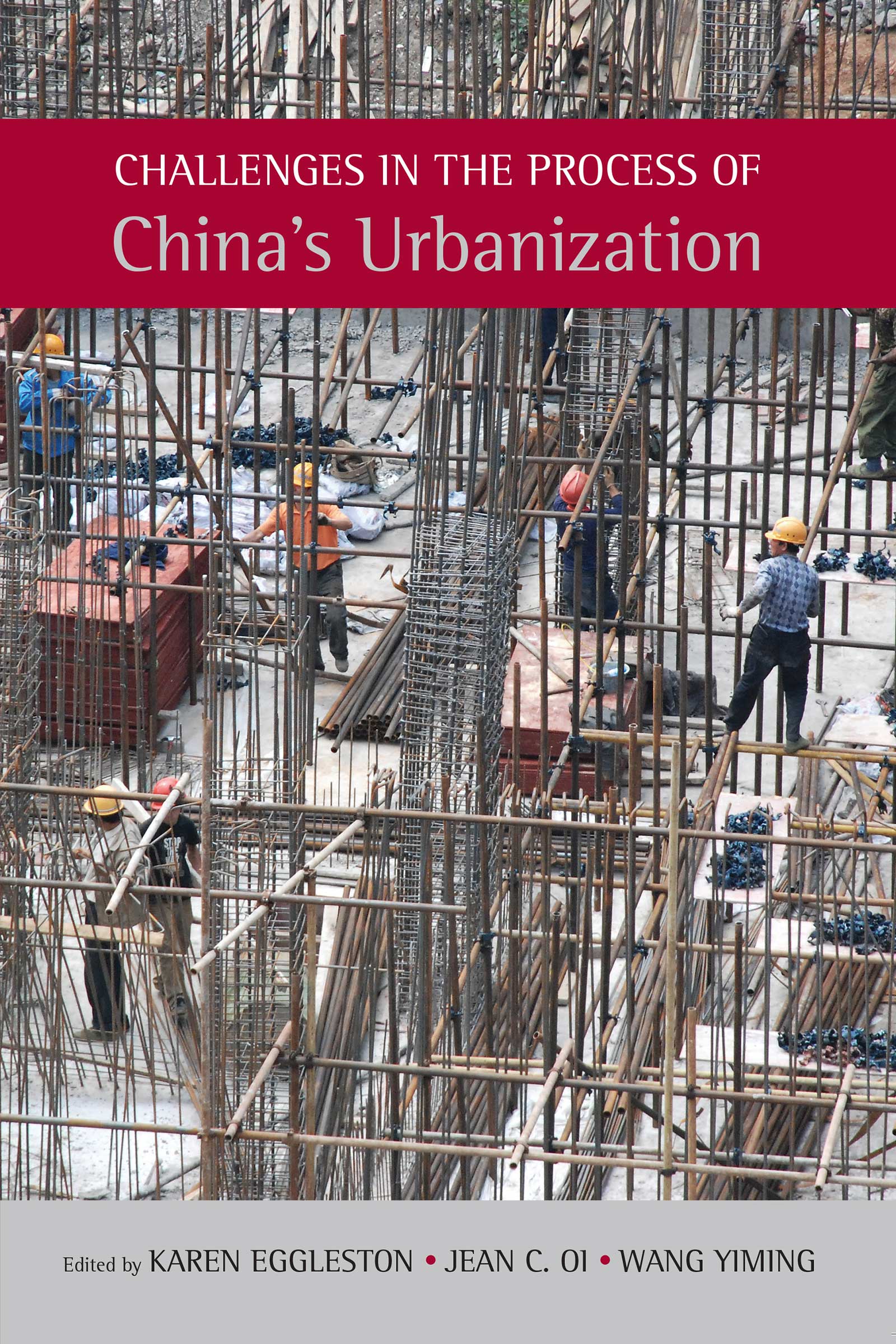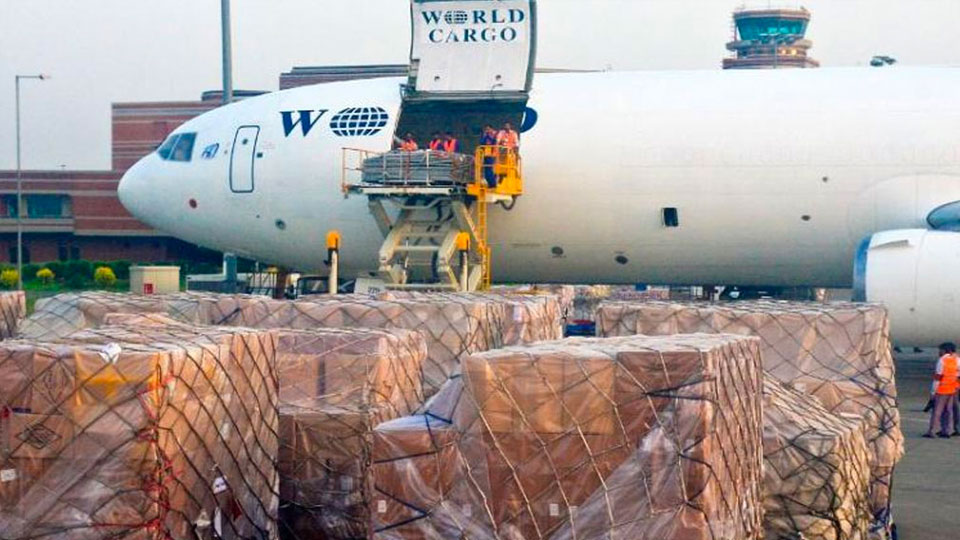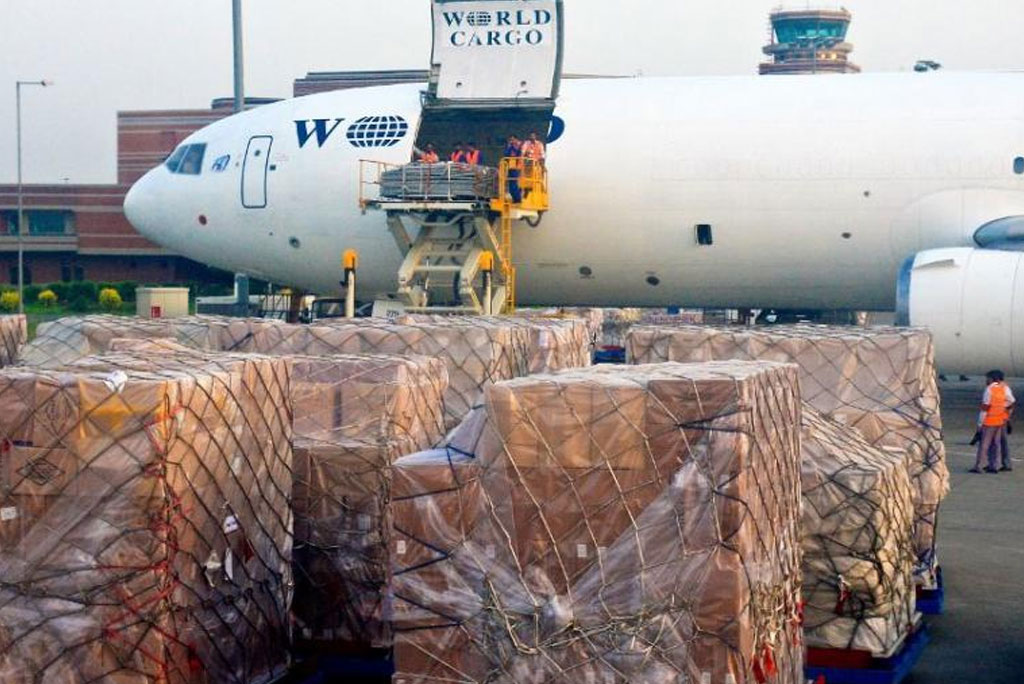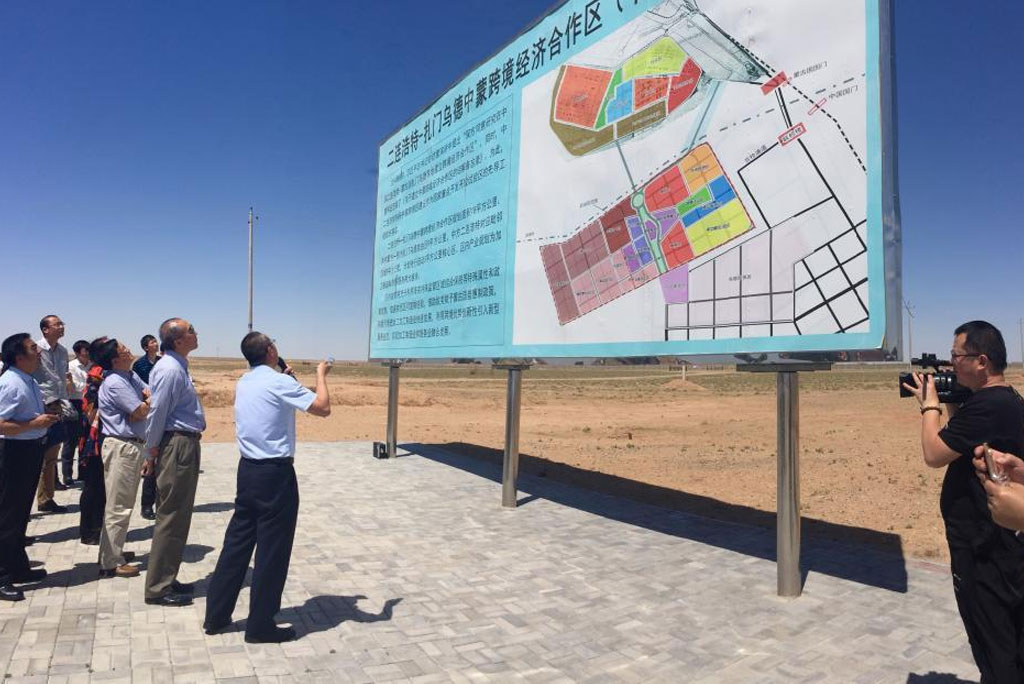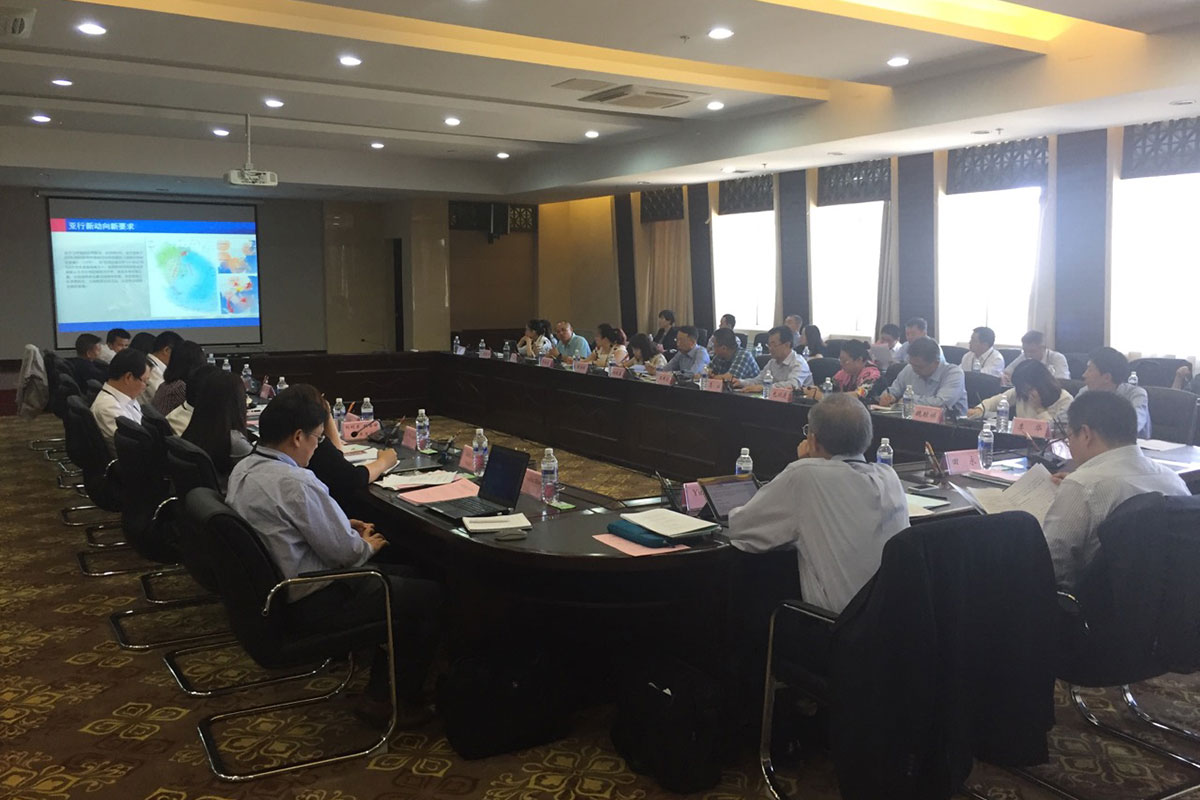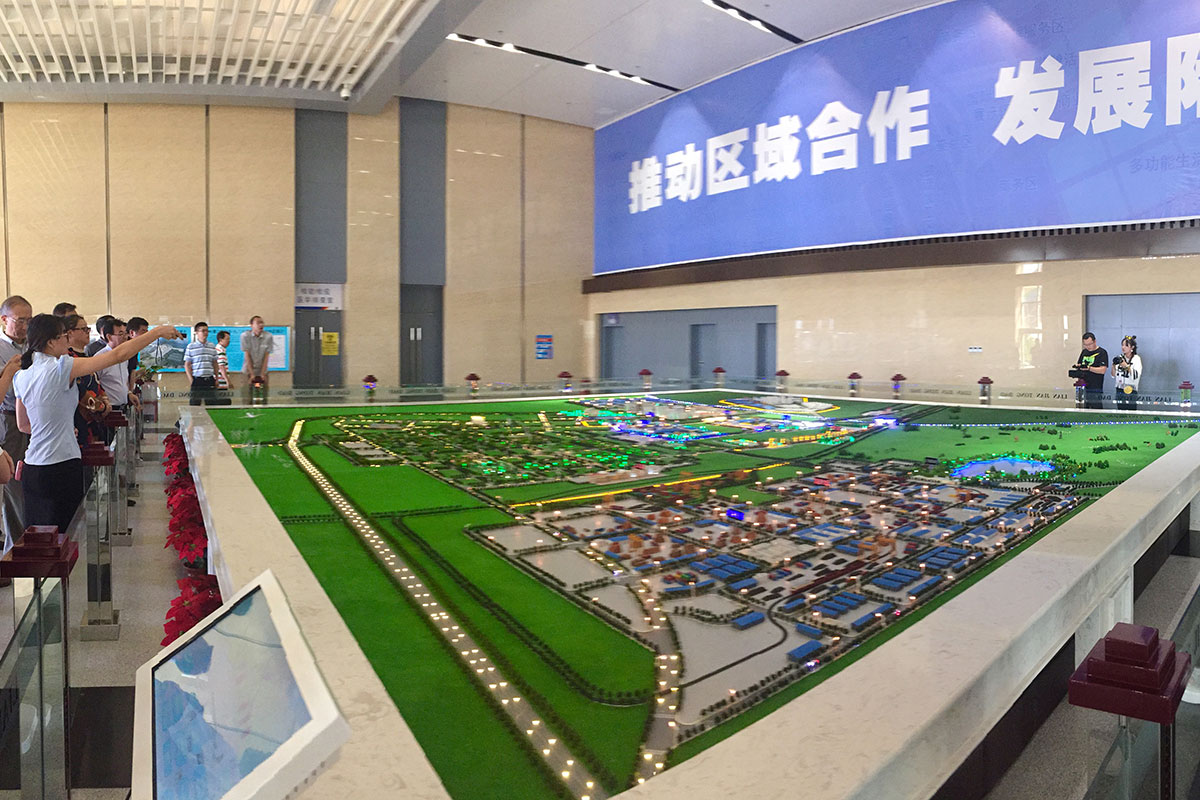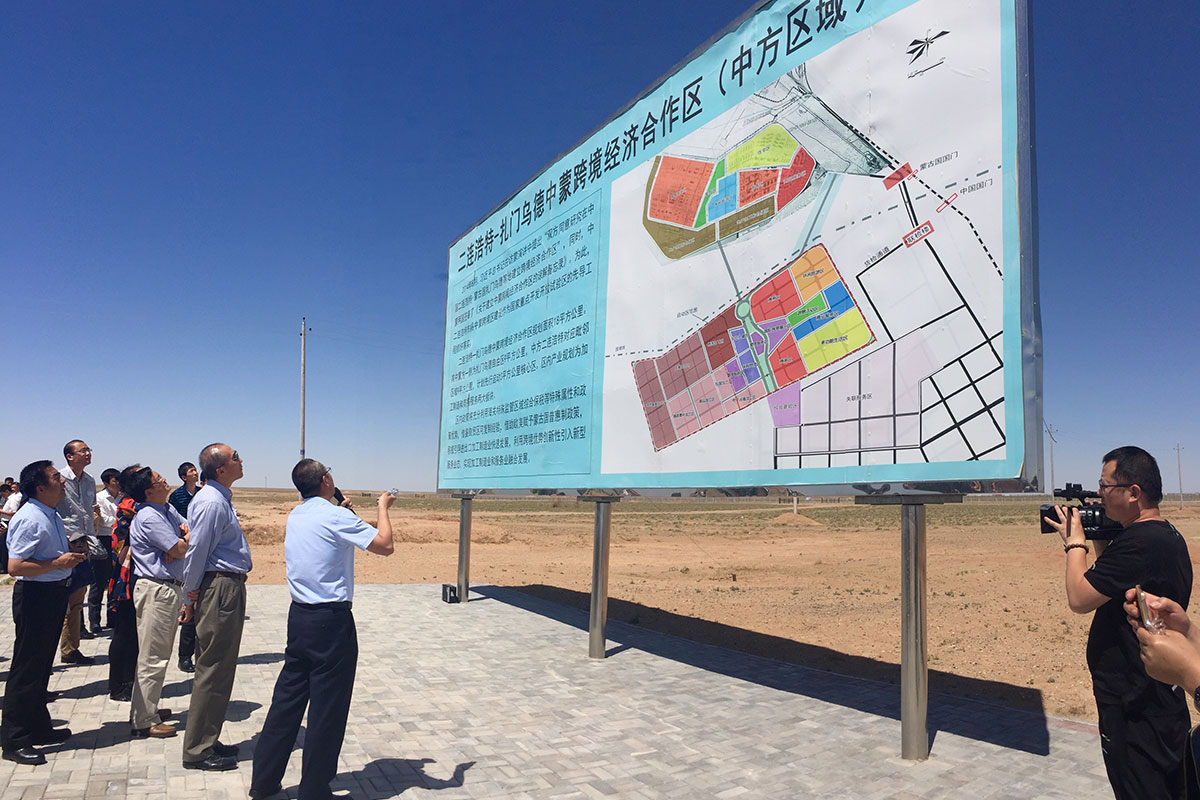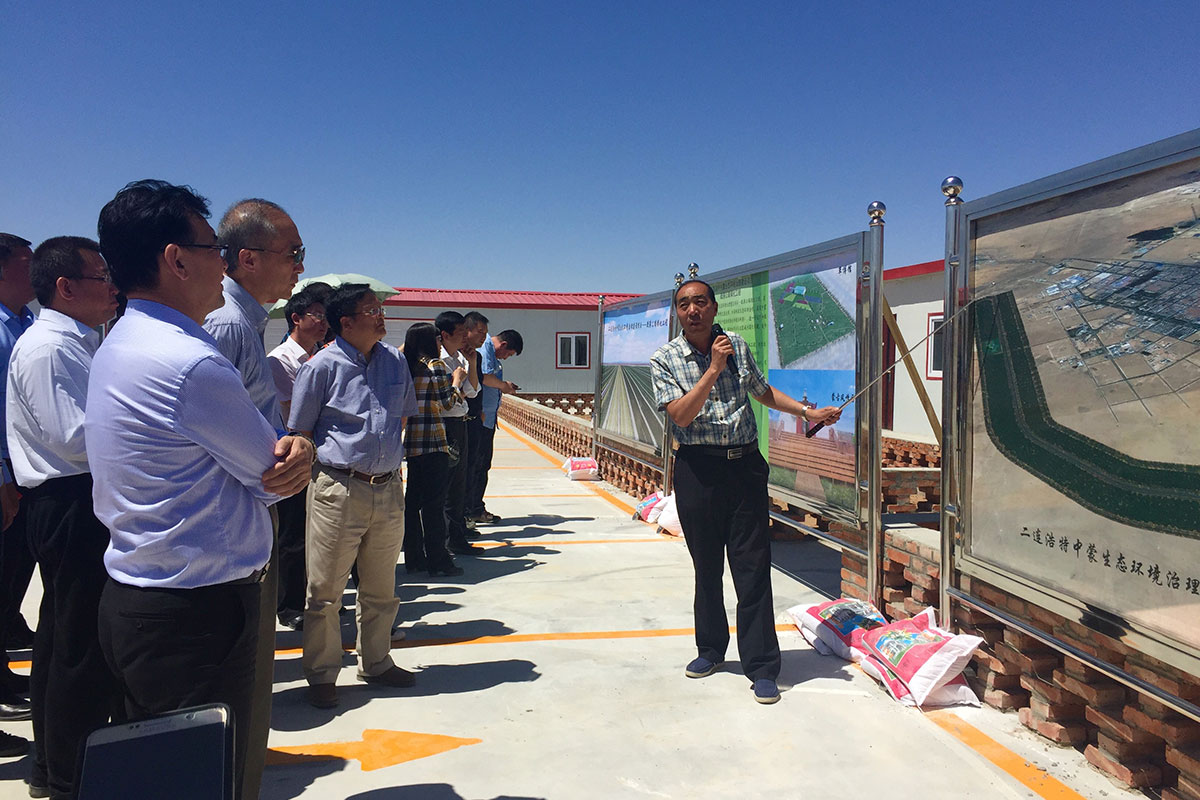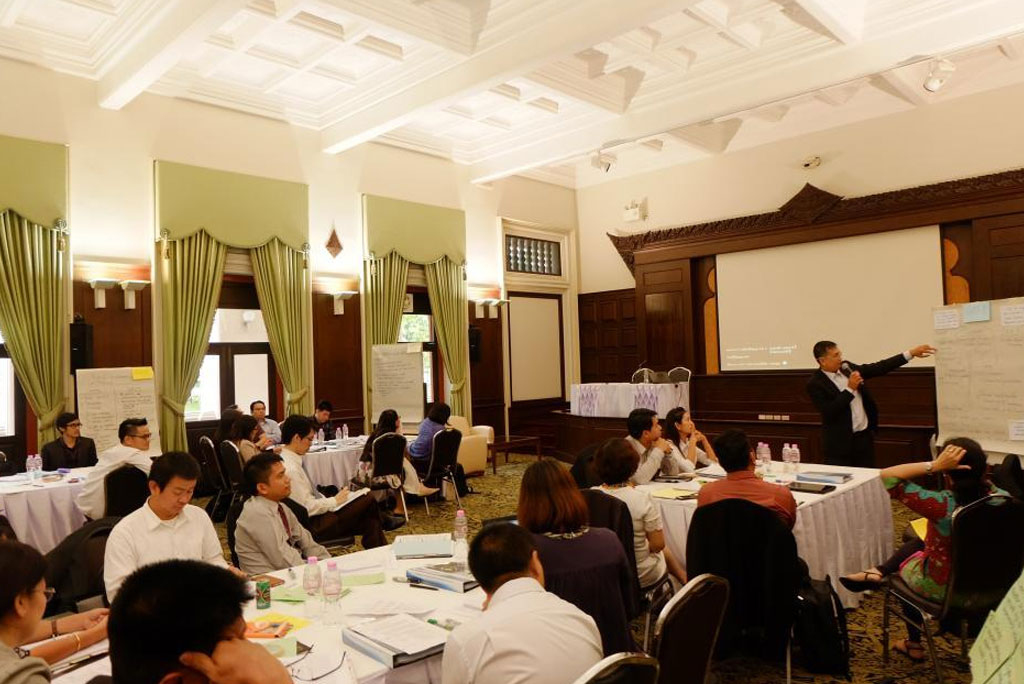| Parallel Sessions I
Use of innovative tools and effective partnerships to design cost-effective air quality action plans
Chair: Ben Grebot, Technical Director, Ricardo Energy and Environment |
| 09:00 – 09:15 | Welcome, Introductions, Overview of Ricardo Led Work
Ben GREBOT, Technical Director, Ricardo Energy & Environment |
| 09:15 – 09:35 | Innovative air quality policy evaluation tools and health impact assessment
Michel Vedrenne, Principal Consultant, Ricardo Energy & Environment |
| 09:35 – 10:05 | Effective policies for improving air quality in Greater BTH
Dong Zhanfeng, Chinese Academy of Environmental Planning |
| 10:05 – 10:30 | Coffee break |
| 10:30 – 10:45 | Data
Michel Vedrenne, Principal Consultant, Ricardo Energy & Environment |
| 10:45 – 11:15 | Air quality action planning
Ben Grebot, Technical Director, Ricardo Energy & Environment |
| 11:15 – 11:50 | Discussion – Next steps for improving air quality at the city level |
| 11:50 – 12:00 | Summarize key messages and wrap up |
| Parallel Sessions II
Financial innovative tools – practical cases to introduce the requirements, process and key criteria to apply for ADB loans and introduction of the green financing platform
Chair: Mingbai Liu, Senior Vice President, ADB Program Center, China National Investment and Guarantee Corporation (I&G) |
| 09:00 – 09:05 | Opening Speech
Xiumei Duan, Managing Director, I&G |
| 09:05 – 09:10 | Opening Speech
Lin Lu, Senior Operations Coordination Specialist, Sustainable Development and Climate Change Department, ADB |
| 09:10 – 09:30 | Introduction of I&G’s Green Financial Business Practice
Yu Fan, Vice President, I&G |
| 09:30 – 09:50 | Introduction of the Environmental and Social Management System of I&G’s ADB Program
Xinting Huang, Vice President, I&G |
| 09:50 – 10:05 | Bank of Beijing’s Green Financial Business
Feng Zhu, Branch Manager, Zhongguancun Branch, Bank of Beijing |
| 10:05 – 10:25 | Coffee Break |
| 10:25 – 10:40 | Financing Leasing Company’s Green Financial Business
Zuoyuan Cao, General Manager, Business Dept.1, E-Town Financing Leasing Company |
| 10:40 – 10:55 | Thoughts on Green Energy Business
Junwei Ding, Chief Innovation Officer & Chairman, Elion Intelligent Energy |
| 10:55 – 12:00 | Discussion – how to use I&G’s ADB program to promote the implementation of green projects |
| 12:00 – 13:30 | Lunch |
| Parallel Sessions I
Practice and Experience of the PRC in Air Pollution Prevention and Control in the Greater BTH Region
Chair: Jiayu Xu, Associated Professor, Environment School, Tsinghua University |
| 13:30 – 14:00 | Air Quality Co-Benefits of Carbon Pricing in BTH Region
Chang Shiyan, Associate Professor, Low Carbon Energy Laboratory, Tsinghua University |
| 14:00 – 14:20 | Energy Saving and Emission Reduction Technology of Energy Intensive Industries in BTH Region
Gu Chengkui, China Center for Information Industry Development |
| 14:20 – 14:40 | Development Status and Trends of Major High Energy-Consuming Industries in the Beijing-Tianjin-Hebei Region
Xiao Jinsong, China Center for Information Industry Development |
| 14:40 – 15:00 | Environment Policies to Achieve Air Quality Target in BTH Region
Xu Jiayu, Environment School, Tsinghua University |
| 15:00 – 15:15 | Coffee break |
| 15:15 – 15:35 | Trend of Atmospheric Environment Improvement in Greater BTH Region
Lei Yu, Chinese Academy for Environmental Planning |
| 15:35 – 15:55 | Practice and Experience of Air Quality Prevention and Control in Lang Fang and Baoding City
Mao Hongjun, Nankai University |
| 15:55 – 16:15 | Environmental Economic Analysis for Air Pollution Control in the Greater BTH Region
Shi Lei, Renmin University |
| 16:15 – 16:35 | Characteristics and Control Measures Recommendations of Ammonia Emission from Agricultural Source in BTH Region
Han Yuhua, Beijing Research Institute of Environmental Protection |
| Parallel Session II
Advanced technologies in clean energy utilization, industrial structure adjustment, green transportation, energy savings and emission reductions, and low carbon in the PRC
Chair: Guangxi Yang, Vice President, Jiashu Technology Consulting Co. Ltd. |
| 13:30 – 13:40 | Welcome and Opening Speech
Yang Guangxi, Vice President, Jiashu Technology Consulting Co. Ltd. |
| 13:40 – 14:50 | Smart Micro Energy Grid & Energy Savings and Emission Reductions
Application of Smart Micro Energy Grid in Cities, Industrial Gardens and Enterprises Management
Feng Dong, CEO, Integrated Electronic Systems Lab Co., Ltd (iESLab)
More Renewable Energy, Less Fossil Fuels in Cities – Promoted by Energy IOT
Fang Bin, Trina Solar
Application of Big Data on Efficient Buildings
Shen Qi, Vice President, Saga Cloud
Green Ansteel Driver – Low Carbon Life Practicer
Feng Zhanli, Anshan Iron and Steel Group Energy Saving Technology Service Co., Ltd
From Sole Gas Supplier to Comprehensive Energy Solution Provider
Li Qing Bao, CEO, Shanxi International Energy Group/Gemeng International Co,. Ltd |
| 14:50 – 15:05 | Coffee break |
| 15:05 – 16:15 | Clean Heating
Shanghe County Middle-Deep Layer Geothermal to Build Winter Clean Heating Zero-Coal Pilot County
Pan Shiying, Chairman, Jinan Heating Co., Ltd
Application of Electrode Boiler Heating and Peak-load Regulation in the Great BTH Region
Hou Tao, CEO, Beijing Zeta Energy Technology Co., Ltd
Exploring Research on Long-distance Waste Heat Utilization
Zhou Ren Hui, Vice President, Jinan Thermal Power Co., Ltd
Accelerating Clean Heating in Rural Areas with Biomass Particles and Small Biomass Boilers
Liu Feng, CEO, Beijing Uniufa Energy Technology Co., Ltd |
| 16:15 – 16:30 | Closing
Yang Guangxi, Vice President, Jiashu Technology Consulting Co. Ltd. |
| 16:30 – 17:00 | Closing Session
Findings of the sessions
Chairperson of each session
Yun Zhou, Environment Specialist, Sustainable Infrastructure Division, East Asia Department, ADB |
